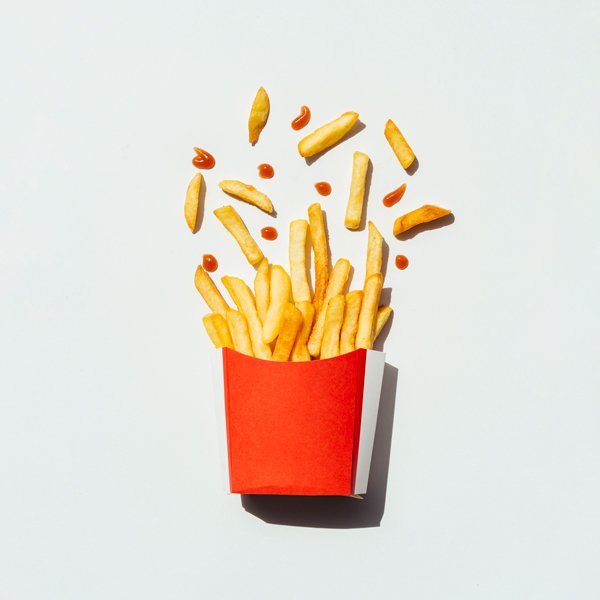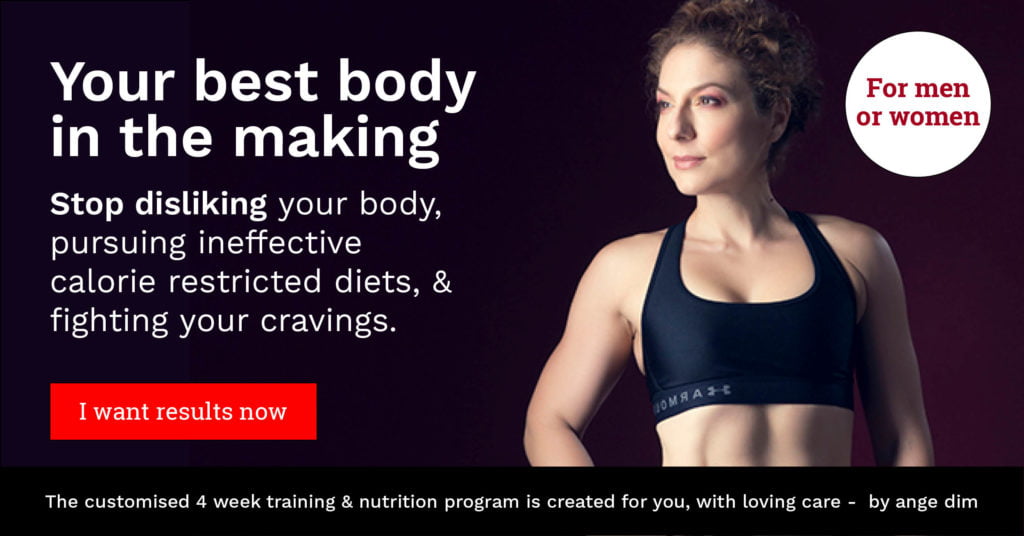What causes high cholesterol
Cholesterol is a type of lipid which your liver produces naturally. This is vital for the formation of cell membranes, hormones and vitamin D.
Because cholesterol does not dissolve in water, it’s free to travel through blood on its own. The liver produces lipoproteins to help transport it. The two major lipoproteins are low density LDL and high-density HDL.
When your blood contains too much LDL cholesterol, you will be classed as having high cholesterol. Untreated, this can lead to many health problems like heart attack and stroke. Unfortunately, high cholesterol causes no typical symptoms that you can pinpoint. It’s a really good idea when you have your regular blood tests (you should have one every year just as a check-up) to make cholesterol levels a priority.
What causes high cholesterol
Consuming too many foods such as saturate and trans-fat, can greatly increase your cholesterol levels. Other external factors such as smoking and leading a highly stressful life, can also increase your risk. There is also a genetic factor at play here, as they are passed on from parent to child. If your parents suffered high cholesterol, you may also be at risk of this. Usually enforcing better eating and lifestyle habits can help to rectify this issue. Sometimes medication may be needed.
Here are some factors which magnify your cholesterol
- Having an unhealthy diet
- Not exercising regularly
- If you are both overweight and obese
- If you smoke
- If your family history signifies higher cholesterol levels
- Diabetes
- Kidney disease or hypothyroidism
What can you do to decrease your cholesterol levels?
- Choose lean sources of protein to eat with every meal, such as fish, eggs, chicken and pork
- Eat lots of cruciferous vegetables, like spinach, kale, lettuce, asparagus, sprouts and cabbage
- Choose to bake or air fry foods instead of deep frying them – especially if you are frying them in vegetable oils (a big no no for those with high cholesterol)
- Use olive oil, avocado and eat more salmon. These actually lower your LDL levels because they contain omega 3 fatty acids
- Instead of refined carbs and sugars, eat natural, whole foods like berries, and opt for less sugar consumption overall
- Get into an exercise regime, that involves weight training and HIIT as your cardio base. Hit the gym at least 4 times per week
- Try Intermittent fasting to decrease your insulin levels and allow you to burn more body fat – which will decrease your cholesterol levels
As with any health issue, patience and persistence is needed to make the necessary changes and reap the benefits. If you change your diet and add some exercise into the mix, your cholesterol levels should decrease immensely. Remember too, that over consumption of animal products can magnify your levels. Use seafood as your base meals and add regular, higher fat protein in between. This is how I decreased my own cholesterol levels. If you appreciate this, why not stick with my ranting via my website or join me on fb and insta social. Please feel free to upvote this answer if it has been useful in some way to you.
Work out effectively, affordably and flexibly with an online coach
Get your custom-made training and nutrition program integrated with Intermittent fasting.
Fast track your results now! click below:


1 Comment